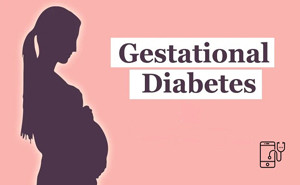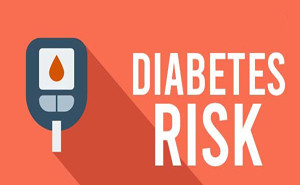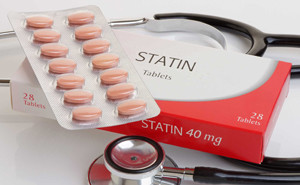Featured
Diabetes Care: Published on December 2022With the numbers of people with
type 2 diabetes rising worldwide, dietary modifications provide an essential
therapeutic approach for blood glucose, weight, and cardiovascular risk-factor
management. Intermittent fasting (IF) has
emerged as an alternative to classic daily caloric reduction. The approache...
ACP Journals: Annals of Internal Medicine: Published
on February 2023In this systematic review and
meta-analysis, the authors assessed whether vitamin D administration decreases
the risk for diabetes in individuals with prediabetes. TAKE-HOME MESSAGECombining data from three
randomized trials, the authors demonstrated that vitamin D reduced the...
Diabetes, Obesity & Metabolism Journal: Published on November,
2022TAKE-HOME MESSAGEThis open-label randomized trial assessed the safety and
efficacy of oral insulin (Capsulin) in patients with poorly controlled
type 2 diabetes on metformin alone. Participants on the 150-IU and 300-IU dose of oral
insulin saw a significant decrease in HbA1c lev...
Diabetes Care Journal: Published on January 2023Gestational diabetes (GDM) is a
complex disorder associated with adverse fetal and maternal outcomes. GDM is a global problem and has an
estimated prevalence of 14%. The term gestational glucose intolerance (GGI) is
applied to women who have an abnormal screening 50-g glucose challenge test
(...
Diabetes Research and
Clinical Practice: Published
on July, 2022The American Diabetes Association recommends that metformin
should be started at the time of type 2 diabetes mellitus (T2DM) diagnosis,
unless there are contraindications. Metformin is safe, effective, economic,
and might reduce the risk of cardiovascular events and death. When gl...
ADA Diabetes Care Journal:
Metformin
is the recommended first-line pharmacotherapy for patients with type 2 diabetes,
but most patients will ultimately require additional therapies to maintain
glycemic control.
Maintaining
intensive glucose control early in the disease process may lead to legacy
benefits that persist beyond the per...
BMJ Open Diabetes Research & Care: BMJ Journal
Bangladeshi researchers identify
new pathological cause of diabetes.
The team
of researchers from multiple local and foreign universities, through a
five-year (2015-2020) study on 574 non-diabetic people aged between 30 and 60,
have discovered that deficiency of the Intestinal Alkaline Ph...
Diabetes Journal: ADA publications
Several
randomized clinical trials have shown the possibility of preventing or delaying
the onset of type 2 diabetes in nondiabetic adults at high risk of developing
the disease. Successful interventions have included drugs (not further
discussed here) and lifestyle interventions emphasizing weight loss...
In patients with type 2 diabetes
mellitus, insulin may be used to augment therapy with oral glycemic medications
or as insulin replacement therapy.The goals of therapy should be
individualized based on many factors, including age, life expectancy, comorbid
conditions, duration of diabetes, risk of hypoglycemia, cost, patient motivation,
and qu...
The
American Diabetes Association (ADA) “Standards of Medical Care in Diabetes”
includes the ADA’s current clinical practice recommendations and is intended to
provide the components of diabetes care, general treatment goals and
guidelines, and tools to evaluate quality of care.
Recommendations
Chronic Kidney Disease - Screening
At...
JAMA Internal MedicineTAKE-HOME MESSAGEThis retrospective study evaluated
the association between statin initiation and diabetes progression. Progression
of diabetes occurred in significantly more statin users. There was a
dose–response relationship with higher-intensity statin use.The study examined 12 years of data
on patients covered by the...
Treatment guidelines for type 2
diabetes mellitus (T2DM) recommend initiating pharmacotherapy with an oral
antidiabetic drug (OAD) to reduce hyperglycaemia when diet and exercise are
inadequate.
International guidelines recommend
metformin as the first OAD, whereas Japanese guidelines recognize that other
OADs may be more appropriate i...













